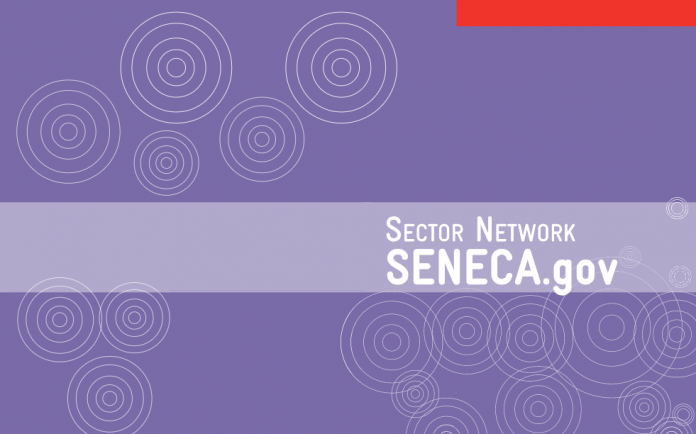The COVID-19 pandemic has forced our working and learning into a virtual space. While we used to be able to decide whether online or offline training better suited the learning format for civil servants, online has now become the norm. This has introduced new challenges: we have to find a way to deal with shorter attention spans resulting from significantly more digital distractions. In addition, in small two-dimensional windows it is more difficult to perceive social cues, which can lead to misunderstandings and hinder co-creation and collaboration. And, of course, the opportunities for informal bonding are limited in the virtual experience.
But, there are also great advantages of this virtual world: we refrain from traveling and therefore save in costs and time. This allows us to act more flexibly and even in a more environmentally friendly way. We can increase our reach to a more extensive network and bring people together from all over the world, allowing us to increase inclusivity.
Of course, there will always be a difference between online and offline, but it‘s neither better, not bad – it’s just different. And in order to enable one to host online learning experiences for civil servants and strengthen virtual facilitation skills, GIZ sector network SENECA.gov developed the “Guideline on Digital Trainings for Civil Servants“. It is meant to support trainers in preparing, conducting and following up on digital trainings for civil servants and answering the two main questions: how to design engaging remote learning formats and how to foster live, online collaboration, and interaction.
The GIZ sector network SENECA.gov is financed through projects and programmes which GIZ is conducting on behalf of the German Government.
